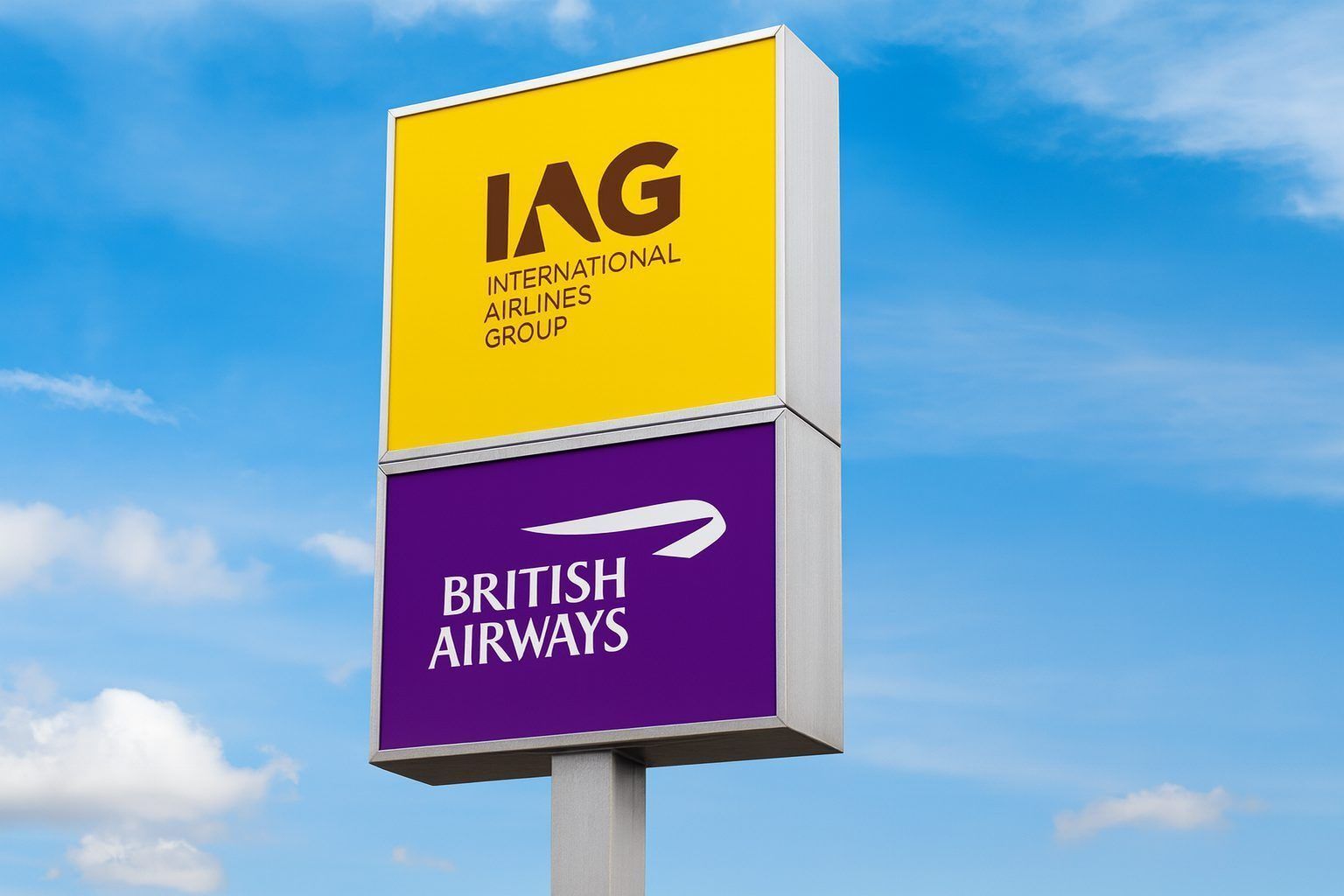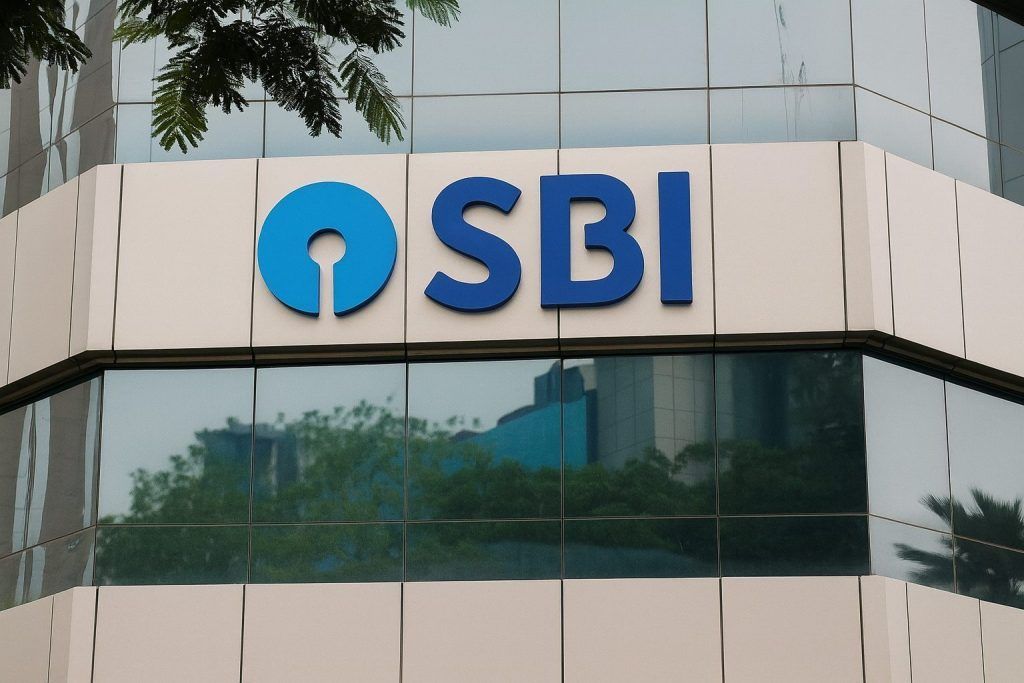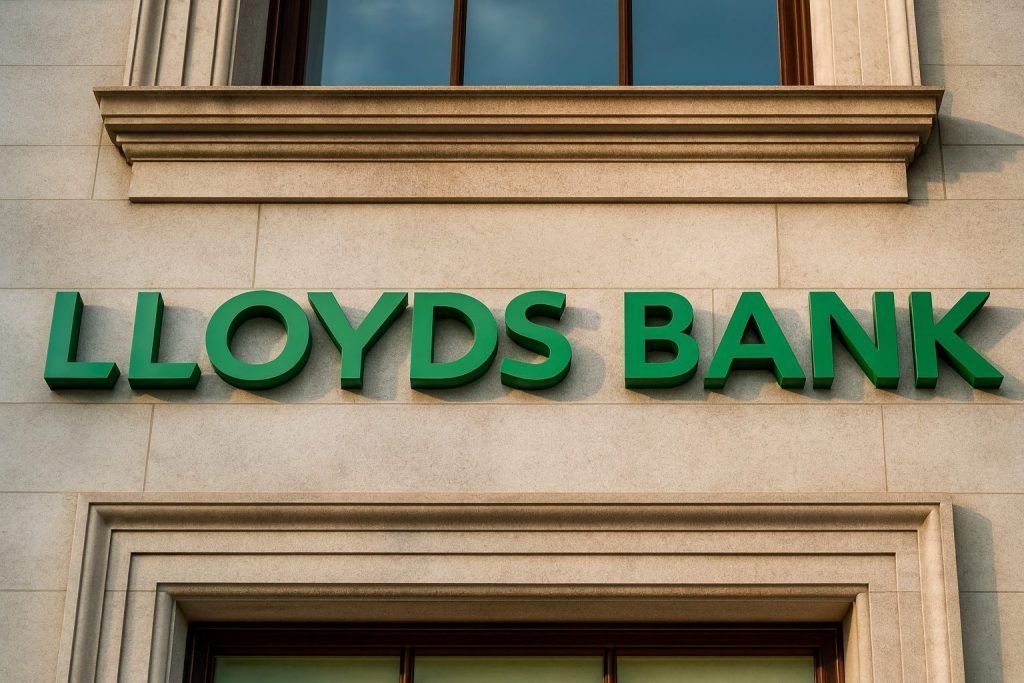Published: 27 November 2025
International Consolidated Airlines Group S.A. (IAG), the Anglo‑Spanish owner of British Airways, Iberia, Aer Lingus, Vueling and LEVEL, is juggling a full news slate today: a fresh €55m share buyback for employee incentives, its shares trading ex‑dividend on a new interim payout, and Venezuela abruptly revoking flight rights for Iberia and several other foreign carriers. [1]
Meanwhile, the IAG share price is hovering just under 400p in London, slightly softer on the day as the stock adjusts for the dividend and digests the latest headlines. [2]
Key takeaways for IAG investors today
- New €55m share purchase programme to buy up to 9.4m shares (0.2% of capital) for IAG’s share‑based incentive plans, running from 27 November to no later than 31 December 2025. [3]
- Shares trade ex‑dividend on an interim payout of €0.048 per share (around 4.2p), with a record date of 28 November and payment starting 1 December. [4]
- Iberia caught up in Venezuela’s airspace row, as Caracas revokes operating rights for six airlines after they halted flights following a U.S. FAA security warning. [5]
- IAG share price trades around 397p, slightly below Wednesday’s 399.2p close and well above its 200‑day moving average after a strong autumn rally. [6]
- Capital‑returns story remains front and centre after IAG finished a separate €1bn buyback on 24 November, having repurchased about 5.6% of its share capital for cancellation. [7]
€55m share purchase programme to fund IAG’s staff incentives
The headline corporate move this morning is IAG’s new, relatively small, share purchase programme aimed squarely at meeting obligations under its share‑based incentive schemes.
According to a regulatory filing, the group has authorised the purchase of up to 9.4 million shares, representing around 0.2% of its current share capital, with a maximum cash outlay of €55 million. [8]
Key details of the programme include: [9]
- Purpose: to satisfy share awards granted to executives and employees, including executive directors, under IAG’s long‑term incentive and other share plans (rather than a pure capital‑reduction buyback).
- Trading venue: all purchases will be made on the London Stock Exchange.
- Timeline: starts 27 November 2025 and will end no later than 31 December 2025, although IAG or its broker can terminate earlier.
- Broker:Goldman Sachs Bank Europe SE has been mandated to execute the trades independently of the company.
- Daily volume cap: per session, IAG will buy no more than 25% of the average daily volume traded in the previous 20 sessions.
- Pricing discipline: shares will be acquired at no more than the higher of (a) the last independent trade price and (b) the highest independent bid on the exchange at the time of purchase.
The shares purchased will be held in treasury, ready to be delivered against employee share awards in future years rather than cancelled outright. [10]
On its own, a 0.2% buyback will not transform earnings per share, but it does add another incremental buyer into the market at a time when the free float has already been reduced by earlier capital‑return programmes.
Interim dividend goes ex‑date: stock trades without new payout
Today also marks the ex‑dividend date for IAG’s first interim dividend linked to the 2025 financial year.
In an announcement filed with the Spanish securities regulator CNMV earlier this month, IAG’s board approved a gross interim dividend of €0.048 per share, with: [11]
- Ex‑dividend date: 27 November 2025
- Record date: 28 November 2025
- Payment date: from 1 December 2025
On IAG’s own investor site, the payout is shown as £0.042 per share in sterling terms, implying a dividend yield of roughly 2.3% at recent prices. [12]
Because the shares now trade ex‑dividend, the price typically drops by roughly the amount of the dividend (all else equal), as new buyers are no longer entitled to the upcoming cash payment. That mechanical adjustment is likely part of the reason the shares are slightly softer today, even as the new staff buyback programme provides a modest offset.
The interim dividend is also symbolically important: it continues the process of rebuilding regular shareholder payouts after the pandemic‑era suspension, complementing IAG’s heavy use of buybacks in its broader capital‑returns mix. [13]
IAG share price today: modest dip after a strong run
Live data from the London Stock Exchange shows IAG trading around 396.8p, down about 0.6% on the day, with an intraday range so far between roughly 395p and 400p and an open near 397.5p. Yesterday’s official close was 399.2p. [14]
Recent price and technical context:
- Over the last few sessions, the stock has rallied into the ex‑div date, helped by completion of the larger €1bn buyback and positive sector sentiment.
- Data from Investing.com show IAG closed at 397.7p on 27 November (if using end‑of‑day data) versus 399.2p on 26 November, a move of around ‑0.4%. [15]
- According to MarketBeat, the share price recently moved above its 200‑day moving average, reinforcing the sense of a medium‑term uptrend after a volatile 2025. [16]
- The stock’s 52‑week range runs from about 210p up to 429p, underlining just how powerful the recovery has been since last year’s lows. [17]
On valuation, Morningstar data put IAG on a normalised P/E multiple of around 6–7x, compared with sector peers closer to 9–10x, suggesting the shares still trade on a discount despite the rebound. [18]
Venezuela revokes Iberia’s flight rights – limited financial hit, big political signal
Away from balance‑sheet news, IAG is facing fresh geopolitical turbulence via its Spanish arm, Iberia.
In the early hours of Thursday, Venezuela’s aviation authority revoked operating rights for six major international airlines — Iberia, TAP Air Portugal, Avianca, Latam Colombia, Turkish Airlines and Brazil’s Gol — after they suspended flights to the country. [19]
The suspensions were a response to a U.S. Federal Aviation Administration warning about a “potentially hazardous situation” over Venezuelan airspace amid heightened military activity. Venezuela’s civil aviation institute accused the airlines of aligning themselves with “acts of state terrorism” promoted by the United States and acting unilaterally by halting services despite a 48‑hour deadline to resume operations. [20]
Spanish media report that: [21]
- Iberia and Spanish rival Air Europa had both paused Madrid–Caracas flights on safety grounds.
- Venezuela followed through on its ultimatum by stripping six carriers of their traffic rights.
- Other airlines, including regional operators and Venezuelan carriers, continue to serve the market.
Iberia has said it wants to return to Venezuela “as soon as possible” but will only do so when it judges the route to be safe, emphasising that passenger and crew security remains the top priority. [22]
For IAG, the direct financial impact is likely limited – Venezuela is a small part of its global network centred on hubs in London, Madrid, Barcelona and Dublin. However, the episode underscores how quickly political risk can disrupt routes and complicate capacity planning, especially on long‑haul markets to more volatile regions.
Iberia cyberattack: hackers claim breach bigger than first disclosed
Today’s Venezuela story lands just as Iberia is still dealing with the fallout from a significant data‑security incident disclosed over the past week.
Starting from 23–24 November, the airline began notifying customers that a third‑party supplier’s systems had been compromised, exposing names, email addresses and frequent‑flyer numbers for an unspecified number of Iberia passengers. The company has stressed that passwords and payment details were not affected, and that it activated incident‑response procedures and notified authorities. [23]
However, a separate wave of reporting suggests the breach could be more serious than initially indicated. On 26 November, travel site Paddle Your Own Kanoo highlighted claims from the Everest ransomware group that they stole around 596GB of data, including millions of records with contact details, birthdates, travel information and masked card data. [24]
While Iberia has not confirmed those numbers, security specialists warn that such troves of data, if leaked, could fuel sophisticated phishing campaigns impersonating the airline or its loyalty programme. [25]
For IAG shareholders, the breach reinforces the non‑financial risks attached to modern airline groups: regulatory fines, remediation costs and potential brand damage can all weigh on future cash flows, even when traditional metrics like load factors and yields look healthy.
Capital returns: €1bn buyback completed ahead of the new staff programme
The brand‑new €55m share purchase plan sits on top of a much larger capital‑returns effort that wrapped up just days ago.
On 24 November, IAG formally completed the €500m second tranche of its €1bn share buyback, originally announced in February. In total, the programme has seen the company acquire 263.6 million shares, equivalent to roughly 5.6% of its issued share capital. [26]
The first tranche (about €500m) covered 148.1m shares (3.13% of capital), which have already been cancelled, while the second tranche added 115.5m shares (2.44%) that will be cancelled “in due course”. [27]
This larger buyback was explicitly structured to reduce IAG’s share count and boost earnings per share, funded from strong post‑pandemic cash generation. It followed bumper profits in 2024 driven by transatlantic demand and premium travel, when IAG combined a hefty dividend with the announcement of the €1bn repurchase. [28]
Seen in that light, today’s €55m programme is more of a housekeeping exercise to neutralise dilution from employee compensation plans, while the heavy lifting on structural capital reduction has already been done.
Under the bonnet: Q3 wobble, but margins and cash remain strong
All of this comes against the backdrop of mixed market reaction to IAG’s Q3 2025 results, released on 7 November.
Key points from the quarter: [29]
- Revenue was broadly stable year‑on‑year, with passenger revenue up around 2%, while cargo revenue softened.
- IAG delivered an operating margin of about 22% in Q3 and over 15% on a last‑twelve‑months basis, among the strongest in the European airline sector.
- Net profit for the quarter fell versus 2024, partly reflecting higher costs and some weakness on the all‑important North Atlantic routes, which management flagged as softer than previously assumed.
- The company maintained its full‑year guidance and doubled down on its confidence by pairing the results with the €1bn buyback and an enhanced dividend policy.
The market initially punished the stock, with IAG shares dropping 8–10% on the day as investors focused on the U.S. demand commentary and questioned whether the capital‑returns package was generous enough. [30]
Since then, sentiment has improved. Morgan Stanley recently initiated coverage on a basket of airline stocks and flagged IAG as a “top pick”, arguing that its long‑haul strength and balance‑sheet repair are under‑appreciated. [31] Fund managers quoted in Citywire similarly describe the group as “totally overlooked” by the market despite robust cash generation. [32] Morningstar, for its part, has nudged its fair value estimate up to about 466p per share, still comfortably above today’s price. [33]
What today’s news means for IAG shareholders
Put together, today’s developments paint a nuanced picture:
- The €55m share purchase programme is small but shareholder‑friendly, tidying up dilution from incentive schemes while signalling that IAG still has surplus cash after concluding the much larger €1bn buyback. [34]
- The interim dividend going ex‑date reminds the market that IAG is once again a cash‑return story, blending regular payouts with aggressive buybacks – a combination that could support the share price if earnings hold up. [35]
- The Venezuela ban on Iberia and the ongoing cyber‑attack fallout underline that regulatory and cyber risks are very real for global airline groups, even when the direct financial exposure looks modest. [36]
For long‑term investors, the core questions remain the same:
- Can IAG sustain premium yields and high load factors on its long‑haul network in a softer macro environment?
- Will management keep discipline on capacity and costs, particularly at British Airways and Iberia, where transatlantic and Latin‑American routes are critical profit drivers?
- How will regulators respond to growing cyber‑security incidents and geopolitical tensions that increasingly intersect with aviation?
As of today, the market is giving IAG some credit for strong margins and capital returns, but not a full re‑rating. That leaves room for upside if the group can prove that the Q3 wobble was a blip rather than the start of a trend.
Final note
This article is for information only and does not constitute investment advice. Always do your own research or consult a qualified adviser before making investment decisions.
References
1. www.iairgroup.com, 2. www.lse.co.uk, 3. www.investegate.co.uk, 4. www.cnmv.es, 5. www.reuters.com, 6. www.lse.co.uk, 7. www.lse.co.uk, 8. www.investegate.co.uk, 9. www.investegate.co.uk, 10. www.investegate.co.uk, 11. www.cnmv.es, 12. www.iairgroup.com, 13. www.theguardian.com, 14. www.lse.co.uk, 15. www.investing.com, 16. www.marketbeat.com, 17. stockinvest.us, 18. www.morningstar.com, 19. www.reuters.com, 20. www.reuters.com, 21. cadenaser.com, 22. theobjective.com, 23. www.bleepingcomputer.com, 24. www.paddleyourownkanoo.com, 25. cybernews.com, 26. www.lse.co.uk, 27. www.lse.co.uk, 28. www.theguardian.com, 29. www.directorstalkinterviews.com, 30. www.bloomberg.com, 31. www.sharecast.com, 32. citywire.com, 33. finance.yahoo.com, 34. www.investegate.co.uk, 35. www.cnmv.es, 36. www.reuters.com










